Are you tired of being unable to track your website’s search engine rankings? Do you need help understanding why your website traffic isn’t increasing? If so, it might be time to use an SEO monitoring tool.
In this blog post, we’ll take a closer look at the benefits of using an SEO monitoring tool and introduce some of the top options on the market.
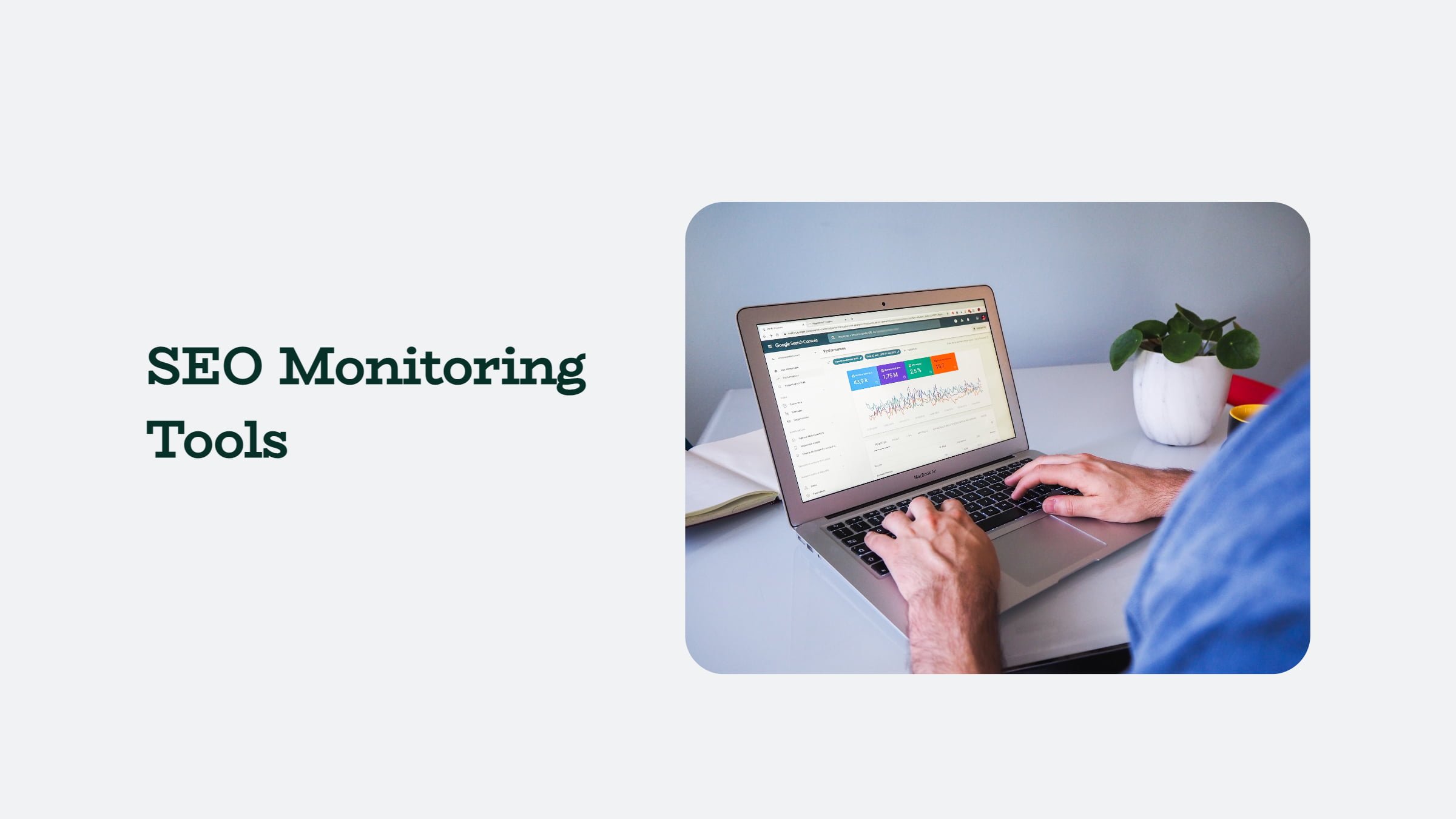
Whether you’re a small business owner, digital marketer, or SEO beginner, you’ll find plenty of useful information to help you get started with SEO monitoring. So, let’s dive in!
What are SEO monitoring tools?
SEO monitoring tools help website owners and digital marketers track and improve their search engine optimization efforts. By providing valuable insights into your website’s performance, these tools can help you identify areas for improvement and take the necessary steps to boost your search engine rankings.
Several SEO monitoring tools are available, ranging from free basic versions to paid enterprise-level solutions. Depending on your budget and goals, you can pick the option that best fits your needs.
Why use an SEO monitoring tool?
You should consider using an SEO monitoring tool for your website for many reasons. First and foremost, an SEO monitoring tool can help you track your website’s search engine rankings and understand how they are changing over time.
It is important because your search engine rankings can significantly impact your website’s visibility and traffic. By tracking your rankings, you can identify areas for improvement and take the necessary steps to boost your website’s performance.
In addition to tracking your rankings, an SEO monitoring tool can also provide valuable insights into your website’s traffic and performance.
It can help you understand how visitors interact with your site, where they are coming from, and what actions they take. This information can be incredibly useful for improving your website’s user experience and increasing conversions.
Overall, an SEO monitoring tool can be invaluable for any website owner or digital marketer. Providing valuable insights and data, it can help you make informed decisions about your SEO strategy and improve the performance of your website.
SEO Monitoring Tools You Need to Check Out:
Google Analytics
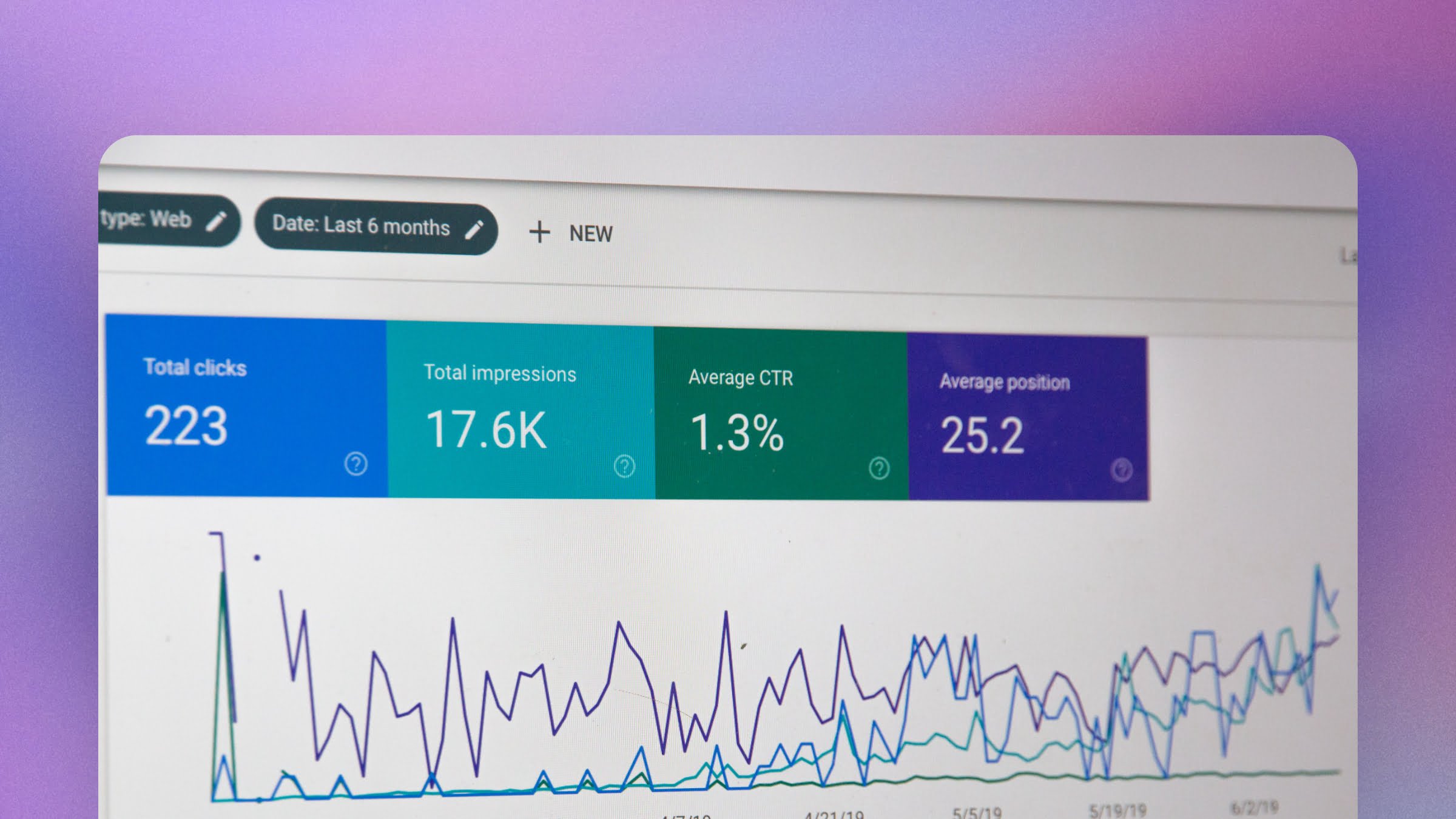
Google Analytics is a free tool that allows you to track your website’s traffic and performance. It can track where your visitors are coming from, what pages they’re looking at, and how long they stay on your site. Additionally, Google Analytics can monitor your website’s conversion rate and the percentage of visitors who take the desired action (such as making a purchase or signing up for a newsletter).
Google Search Console
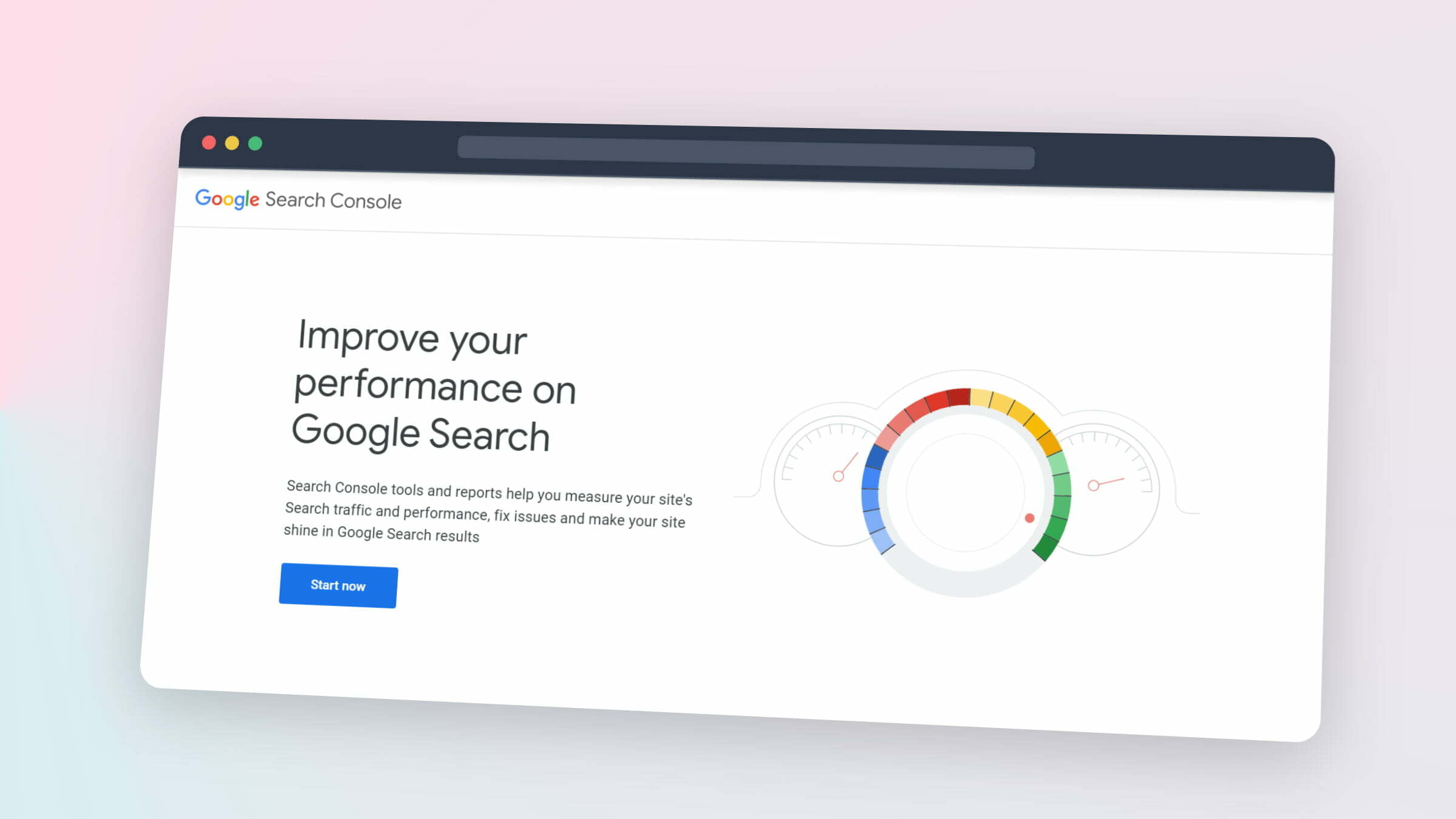
Google Search Console is another free tool offered by Google that allows you to monitor your website’s performance in search results. It can be used to track your website’s click-through rate (the percentage of people who click on your listing in the search results) and the average position of your listings. Additionally, Google Search Console can be used to submit your website’s sitemap (a file that contains a list of all the pages on your site), which can help Google index your website more quickly.
Bing Webmaster Tools

Bing Webmaster Tools is a free service offered by Bing that allows you to monitor your website’s performance in the Bing search results. It functions similarly to Google Search Console, allowing you to track your click-through rate and average position and submit your website’s sitemap.
Alexa Traffic Rank
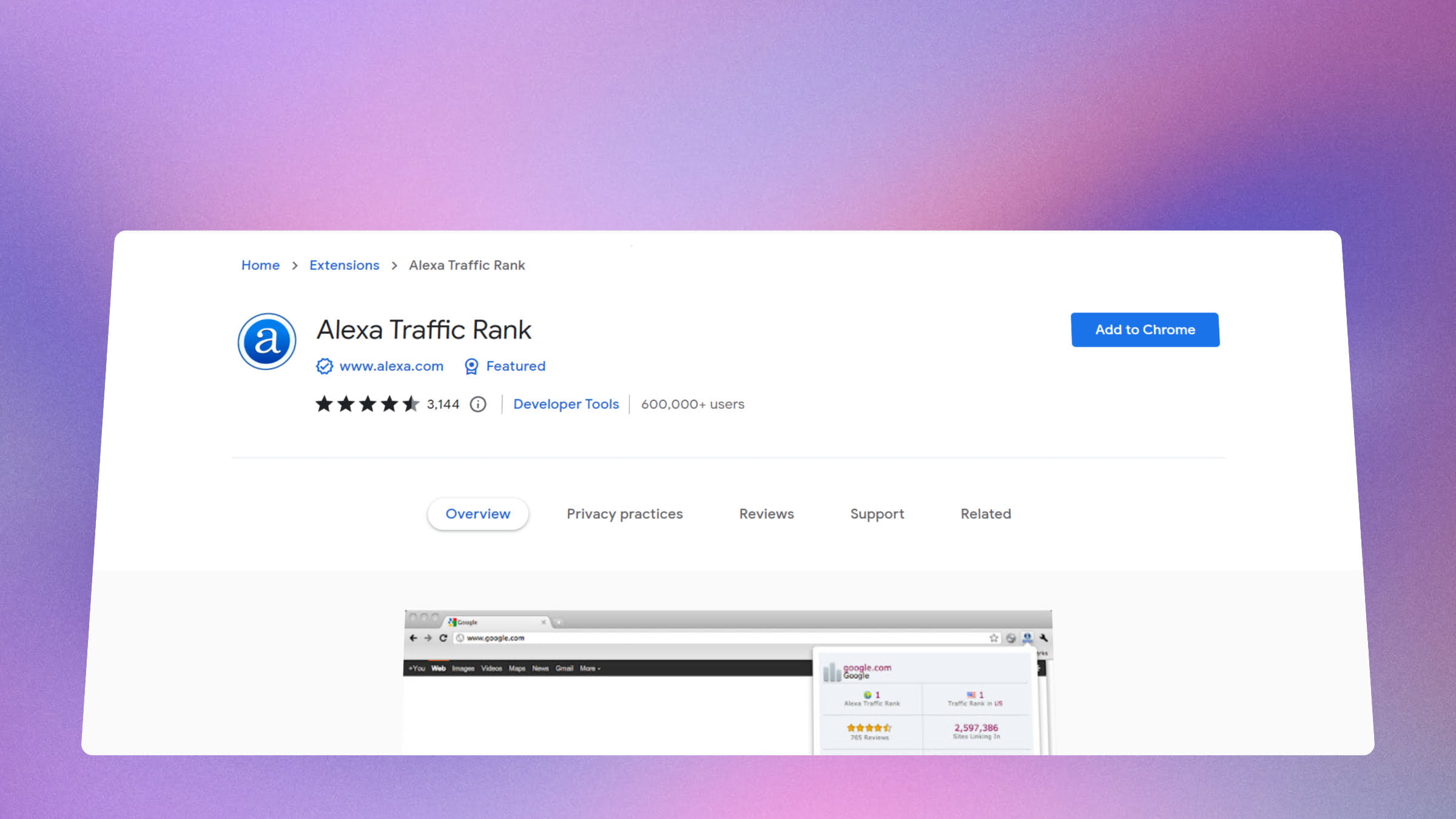
Alexa Traffic Rank is a service that provides detailed traffic information for websites. It can track unique visitors, page views, and bounce rates. Additionally, Alexa Traffic Rank includes demographic information about your website’s visitors, including their location, age, gender, and interests.
MozRank
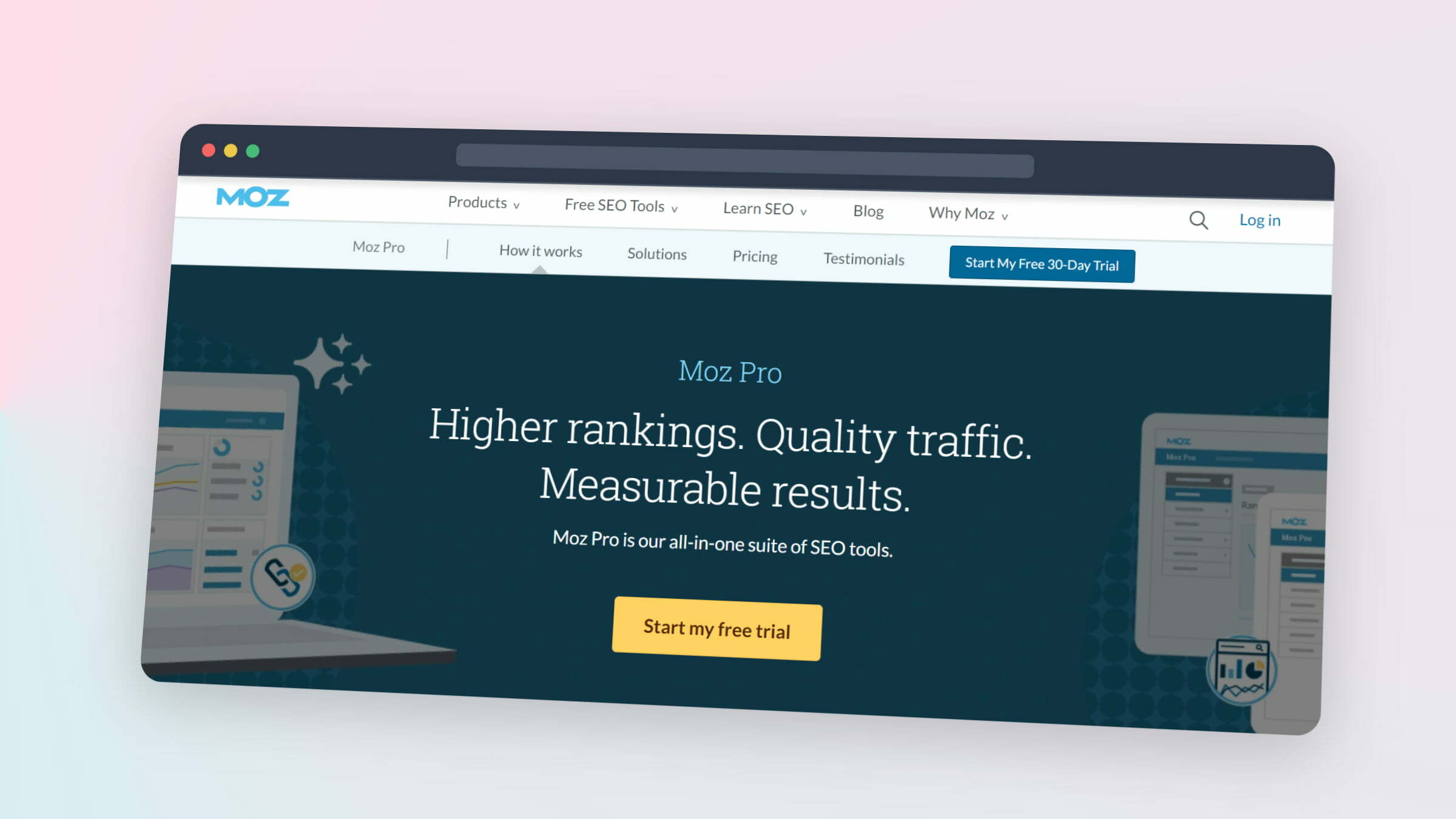
MozRank is a paid service that tracks the popularity of websites. It uses a variety of factors to calculate a website’s MozRank score, including the number of links pointing to the site and the quality of those links. A higher MozRank score indicates a more popular website.
Majestic SEO
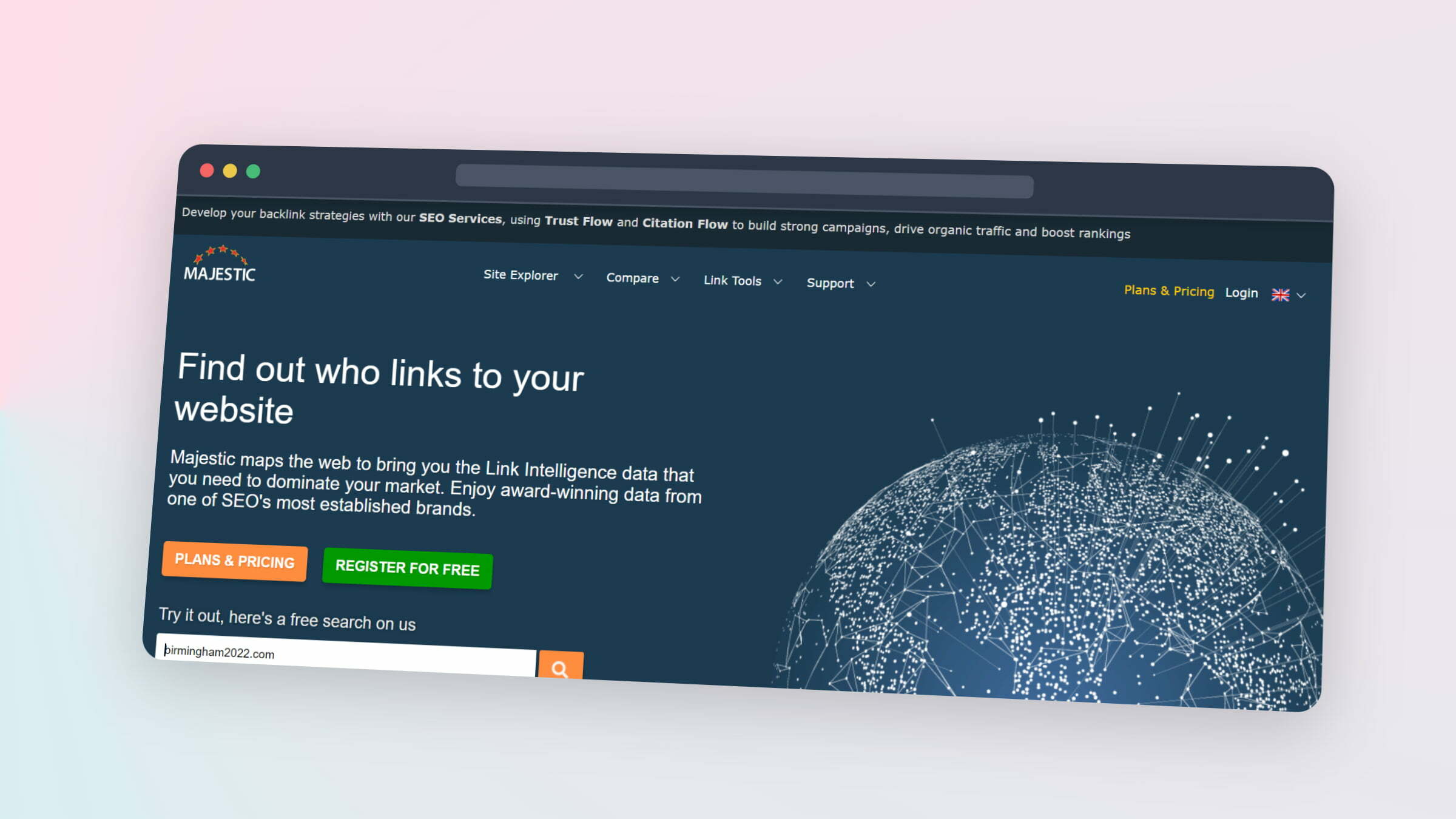
Majestic SEO is a paid service that tracks the number of links pointing to websites. It also tracks the quality of those links, using a variety of factors such as trust flow and citation flow. A higher link count and/or higher link quality indicates a more popular website.
SEMrush
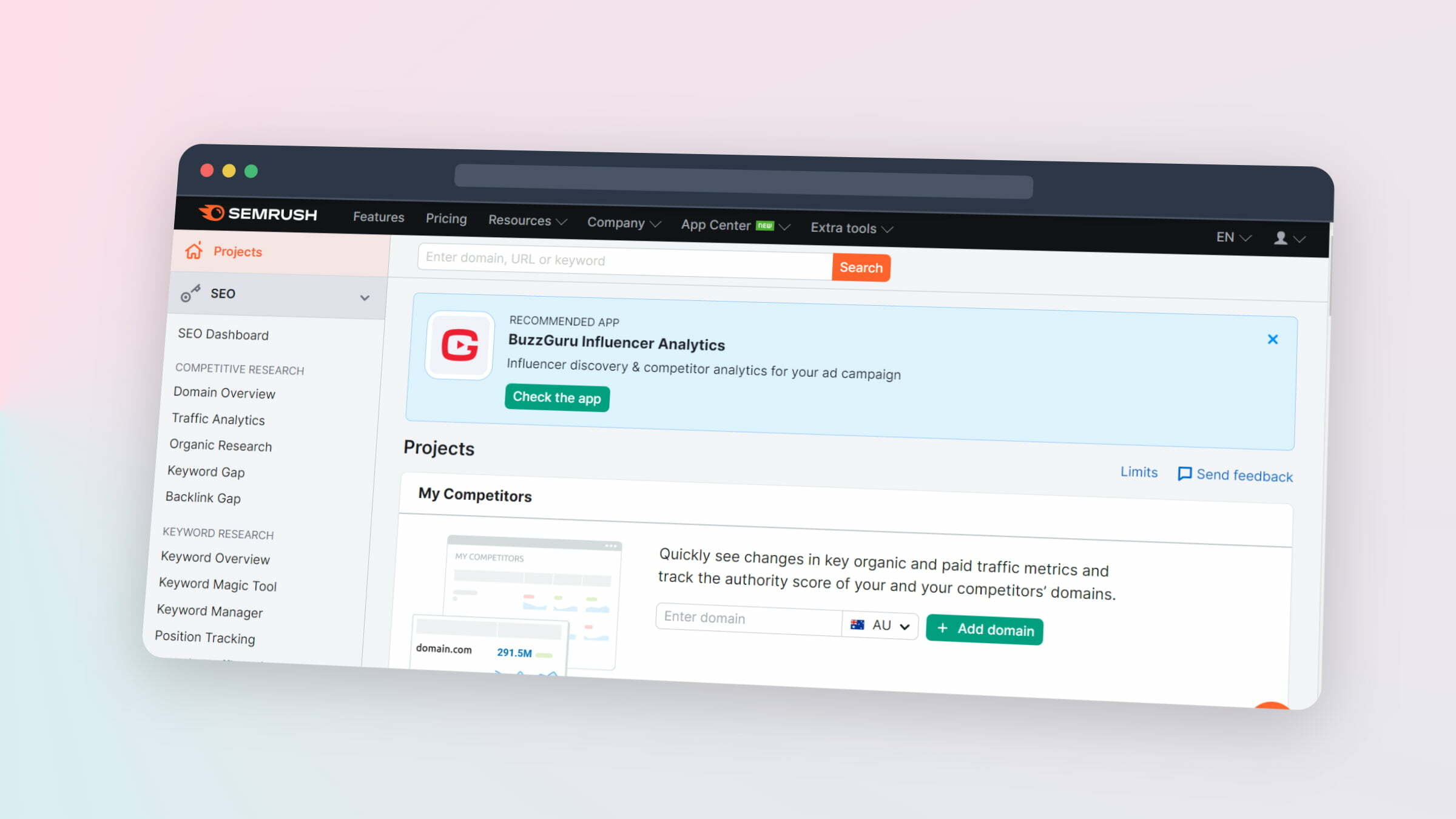
SEMrush is a paid service that provides detailed information about websites, including their traffic statistics, keyword rankings, and backlink profiles.
Ahrefs

Ahrefs is another paid SEO tool with a comprehensive set of features to help you boost your website’s traffic. It includes tools for keyword research, competitor analysis, link building, and more.
SpyFu
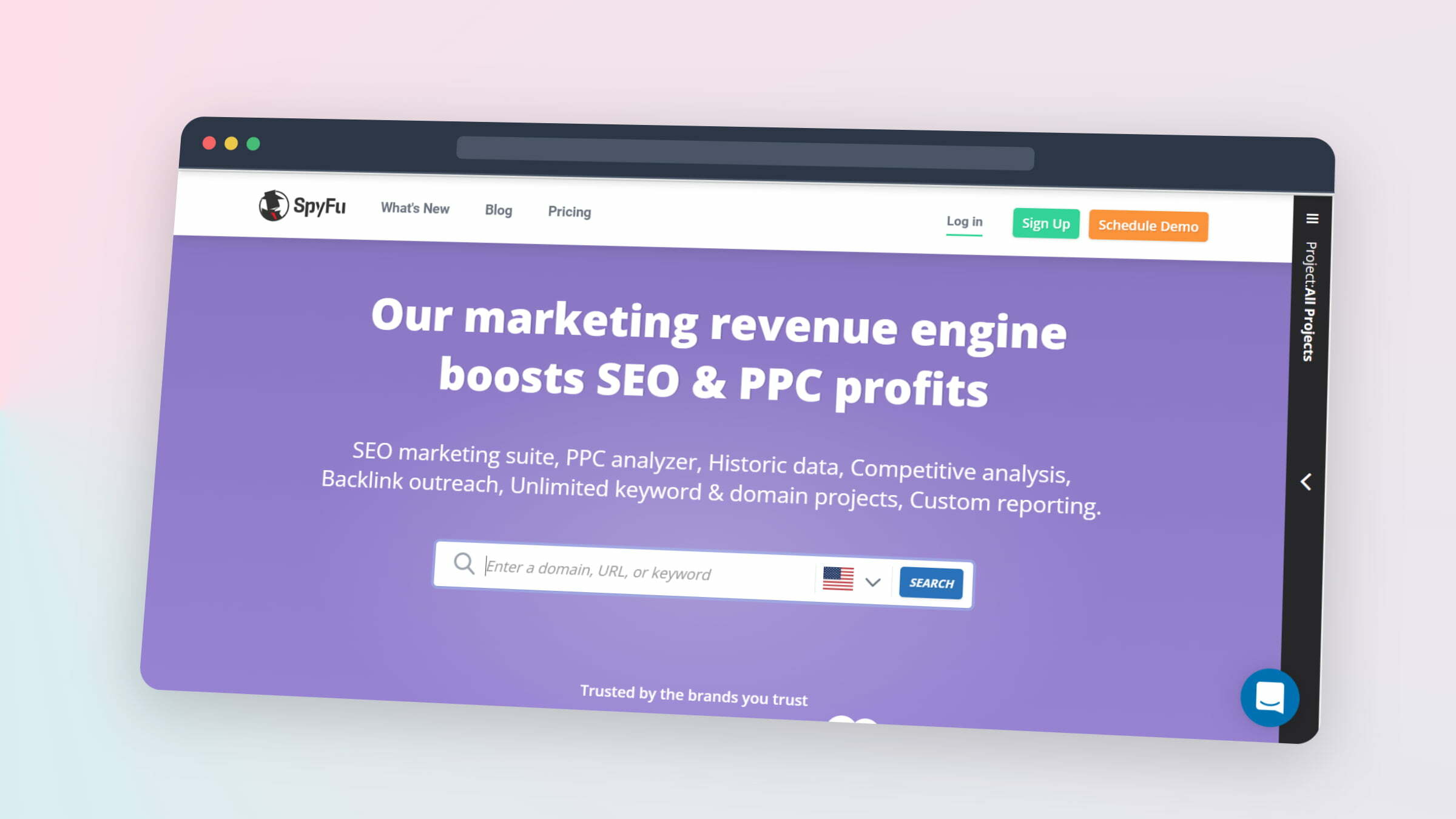
SpyFu is a paid SEO tool that helps you spy on your competitors’ keywords and ad campaigns. It also provides insights into your own website’s traffic and performance. Prices start at $39 per month.
Raven Tools
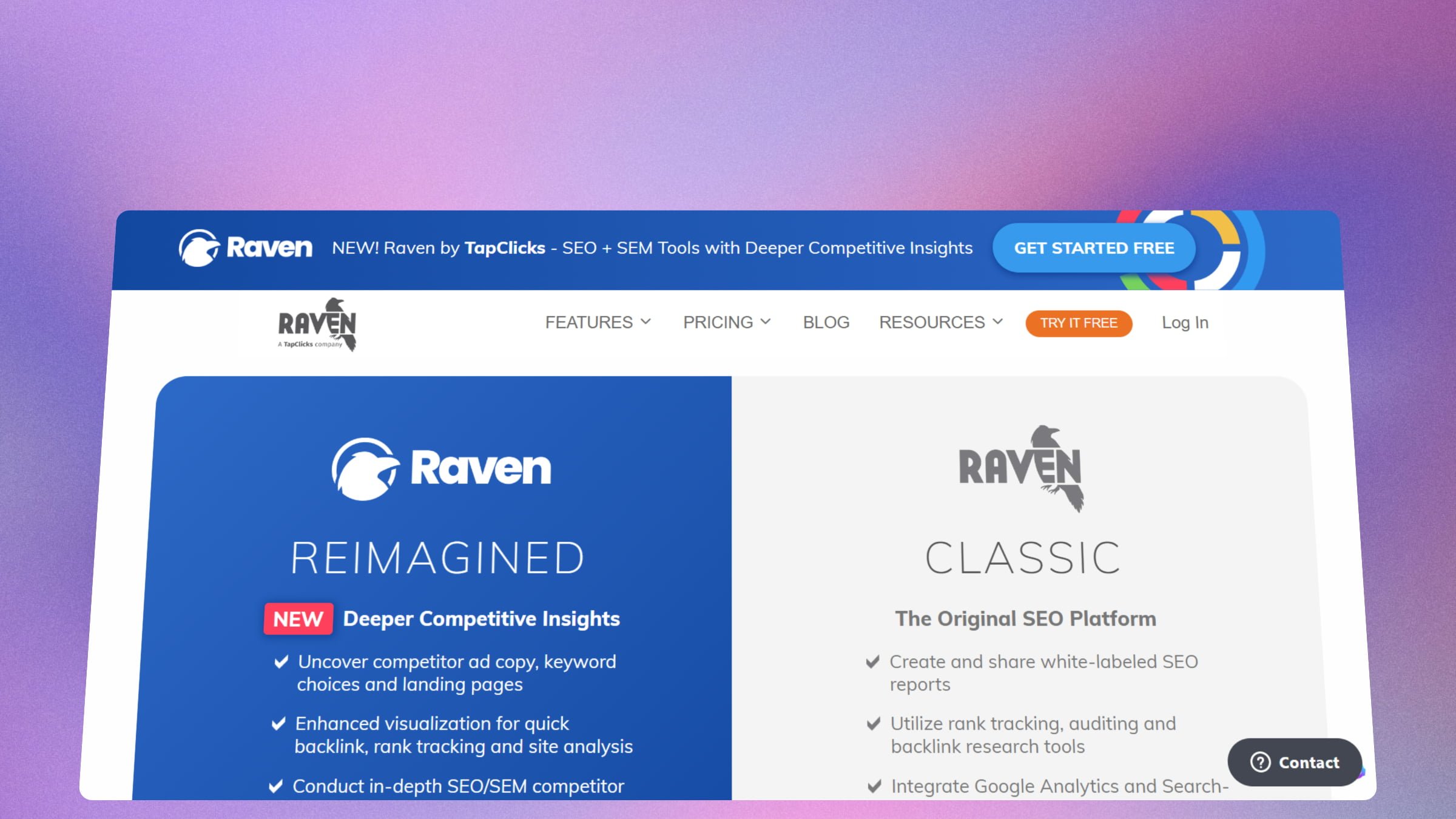
Raven Tools is a paid SEO platform that offers a suite of tools to help you boost your website’s traffic and performance. It includes tools for keyword research, competitor analysis, link building, and more.
Frequently Asked Questions:
What is SEO monitoring?
SEO monitoring is tracking and analyzing your website’s performance in the search results. It can track click-through rate, average position, and backlink profile. It can also be used to identify areas of improvement and make decisions about your SEO strategy.
What are some free SEO monitoring tools?
Google Analytics and Google Search Console are free tools offered by Google that can be used to monitor your website’s performance in the search results. Additionally, there are several paid services, such as Alexa Traffic Rank, MozRank, Majestic SEO, SEMrush, Ahrefs, SpyFu, and Raven Tools.
How often should I monitor my SEO performance?
It’s a good idea to check your SEO performance regularly (at least once a month). It will help you identify trends and areas of improvement in your SEO strategy. Additionally, it’s important to keep an eye on changes in the search engine algorithms, as these can significantly impact your website’s performance.
Bottom Line:
In conclusion, SEO monitoring tools are essential for any website owner or digital marketer looking to track and improve their search engine optimization efforts.
These tools provide valuable insights and data that can help you understand your website’s performance and identify areas for improvement. Whether you’re a small business owner, digital marketer, or SEO beginner, there is an SEO monitoring tool to suit your needs and budget.
So, if you’re serious about improving your website’s performance and visibility, it’s time to use an SEO monitoring tool.
An SEO monitoring tool can track your website’s search engine rankings, analyze your competitors’ SEO strategies, identify high-performing keywords, and much more. With the right tool and a little effort, you can boost your search engine rankings and drive more traffic to your website.




